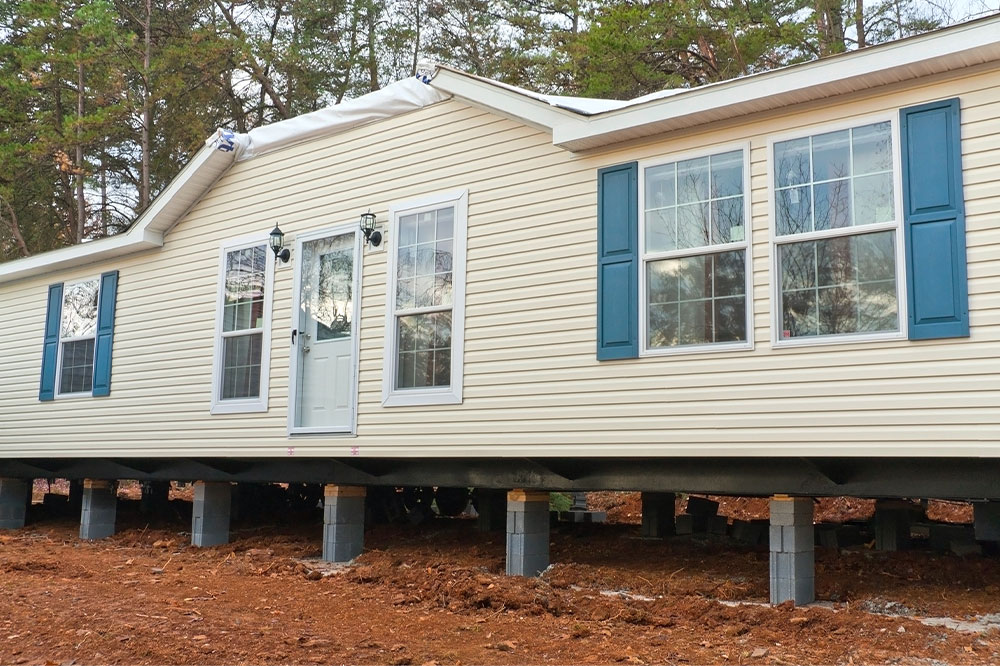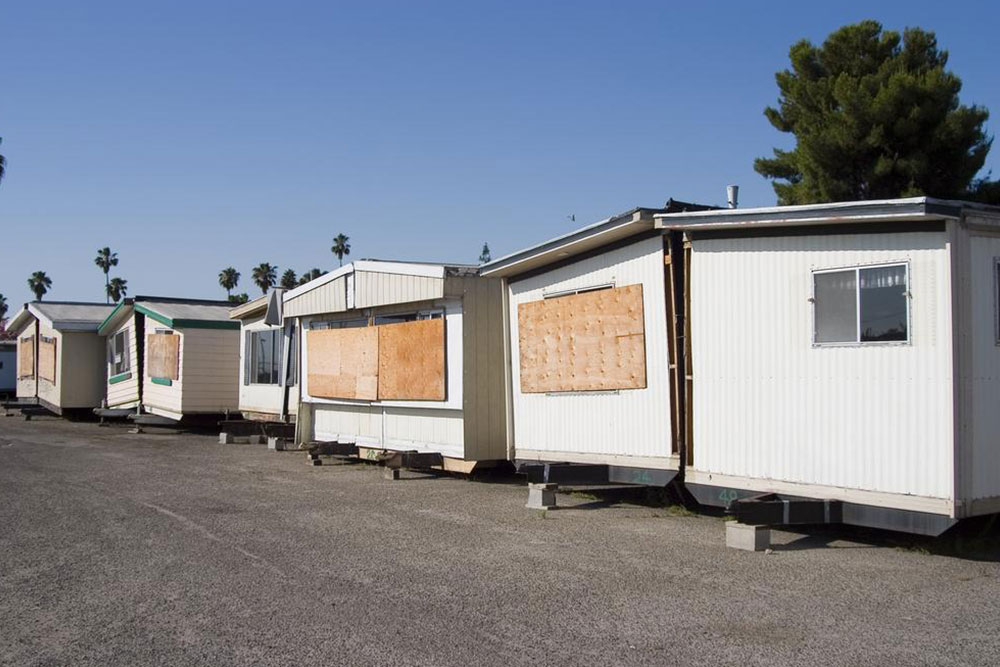Comprehensive Guide to Mobile Home Relocation Costs and Factors
This comprehensive guide explores the key factors affecting mobile home relocation costs, including size, distance, permits, and additional services. It offers practical tips for efficient planning and cost management, ensuring a smooth and budget-friendly move for homeowners. Whether moving locally or long-distance, understanding these factors helps in making informed decisions and avoiding unforeseen expenses, making your mobile home relocation stress-free and cost-effective.

Understanding the Key Factors Affecting Mobile Home Moving Expenses
Are you considering relocating your mobile home? Moving a mobile or manufactured home is a complex process that involves much more than simply hitching it to a truck and towing it to a new location. Many factors influence the total cost, including regulatory compliance, the size of your home, the distance of travel, permits required, and additional setup services. Proper planning, obtaining professional assistance, and understanding all the expenses involved can help streamline the process and prevent unexpected costs. This guide aims to provide a detailed overview of what to expect when planning your mobile home move, offering tips to manage costs effectively.
Preparations Before the Move
Before initiating the actual relocation, several preparatory steps are essential to ensure a safe and efficient move. First, remove all personal belongings and furniture to prevent damage during transit. Securing or disassembling loose furniture and appliances reduces the risk of moving-related damage. Additionally, it’s vital to disassemble external features, such as skirting, decks, or sheds, which could obstruct transportation or cause damage. Protecting windows with coverings or security films can prevent breakage and increase safety. Proper preparation not only safeguards your assets but also helps control costs by minimizing damage and delays.
Understanding the Cost Breakdown
The overall cost of moving a mobile home varies significantly depending on multiple factors. Typically, local moves within a 30-mile radius can range from $5,000 to $10,000, which generally includes permit fees and basic transportation. Larger homes, such as double-wide units, tend to be more expensive to move, with their costs ranging from $10,000 to $13,000 for similar distances.
Longer-distance moves, especially across state lines, often increase costs due to additional logistical requirements, extended transportation time, and specialized equipment. In such cases, moving without setup services can cost approximately $1,000 to $5,000, depending on the specifics of the move. Additional expenses may include canceling utility services, transporting belongings, and securing/or dismantling external structures.
To optimize your move, consider coordinating utility disconnections with licensed professionals, protecting interior furniture, removing skirting and external features, securing all windows, and dismantling external additions like patios or sheds. Installing axles and hitches properly before transport is critical in making the move safe and compliant with safety standards.
Discontinue utilities through licensed service providers
Protect furnishings within the home
Remove and store skirting and external attachments securely
Secure all windows and panes to prevent damage
Dismantle external features such as decks and sheds
Prepare the home by installing axles and hitches for transportation
Major Factors Influencing Mobile Home Moving Costs
Several critical elements determine the total expense associated with relocating your mobile home. Being aware of these factors allows homeowners to budget effectively and avoid unforeseen charges.
Size and Dimensions
The size and configuration of your mobile or manufactured home significantly impact the moving costs. Smaller, single-wide units are generally less expensive to move, while larger double-wides or multi-section homes require more resources. Extremely large or custom-sized homes might necessitate police escorts or temporary road closures to ensure safe passage, which can substantially increase costs.
Travel Distance and Route
The distance between your current location and the new site is a primary cost driver. Short-distance moves within a localized area are usually more affordable, while interstate and long-distance moves incur higher expenses. Longer routes require more fuel, extend transportation time, and may involve special permits or road arrangements. Heavier homes also tend to accentuate fuel consumption and wear-and-tear on equipment, adding to the overall cost.
Permits and Inspections
State regulations and local ordinances frequently require permits for mobile home transportation, especially across the state or county lines. Inspections are often mandated to ensure the mobile home meets safety and environmental standards at both the origin and destination points. For example, some states like Florida require specific inspections for older mobile homes before transportation. Acquiring these permits and complying with inspection protocols can add to the final cost, but they are critical for legal and safety reasons.
Weight and Structural Complexity
The weight of your mobile home is a crucial factor that influences moving costs. Older mobile homes typically weigh between 35 and 40 pounds per square foot, whereas newer models might weigh between 45 and 50 pounds per square foot. For example, an 800-square-foot unit could weigh around 40,000 pounds, requiring specialized moving equipment and crews. Excessively heavy homes need heavier-duty trucks, stronger transport accessories, and sometimes additional escorts, all of which increase expenses.
Additional Services and Equipment
The scope of services required during the move can significantly impact the total cost. These include disassembly and reassembly of external structures, site preparation, foundation leveling, and setup at the new location. Some homeowners opt for full-service moves that include utility reconnections, skirting installation, and landscaping, which naturally add to costs but streamline the entire process.
In summary, careful planning and understanding of these factors empower homeowners to budget accordingly and obtain accurate quotes from professional movers. Exploring multiple service providers and obtaining detailed estimates can help you choose the most cost-effective and reliable solution for your mobile home relocation.
Relocating your mobile home is a significant undertaking but manageable with proper planning. By understanding the key factors influencing costs and preparing adequately, you can ensure a smooth transition to your new home location while controlling expenses. Whether moving locally or across state lines, engaging experienced professionals and adhering to safety regulations is essential for a successful move. Proper preparation, informed decision-making, and transparent costing are the pillars of a hassle-free mobile home relocation experience.





